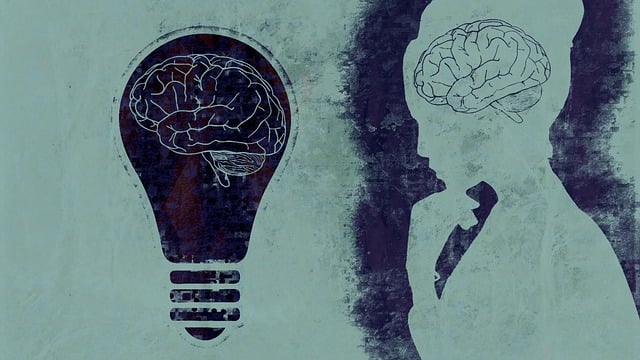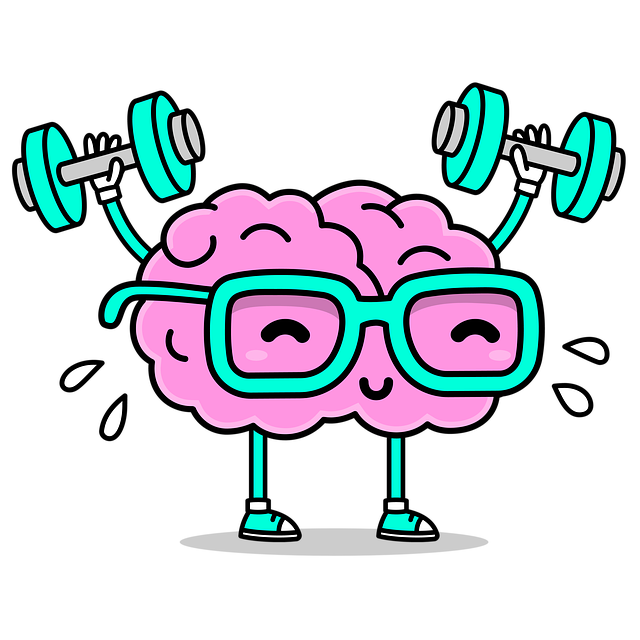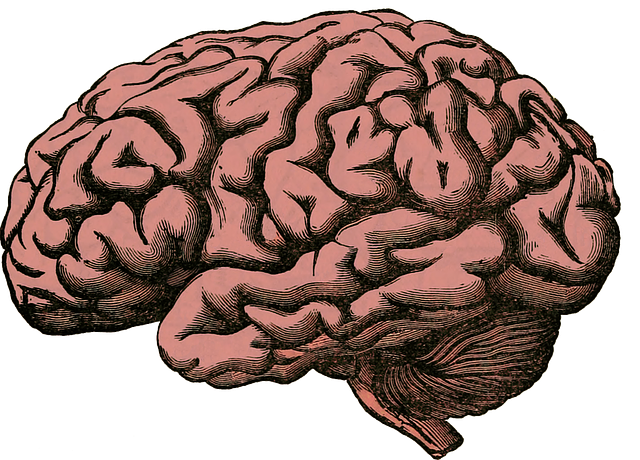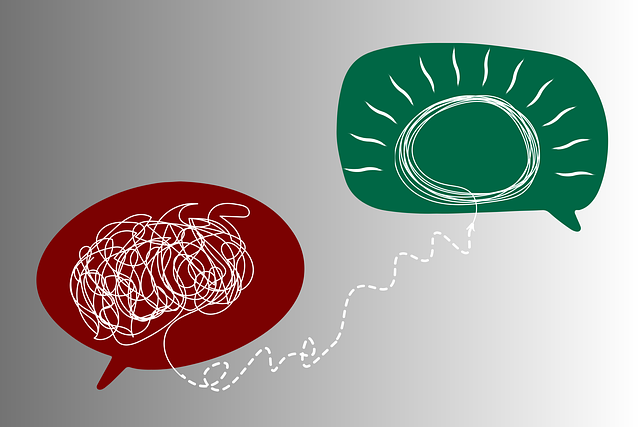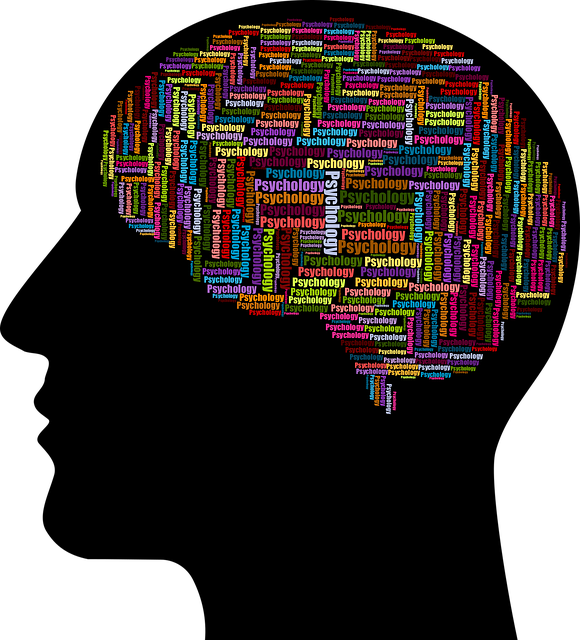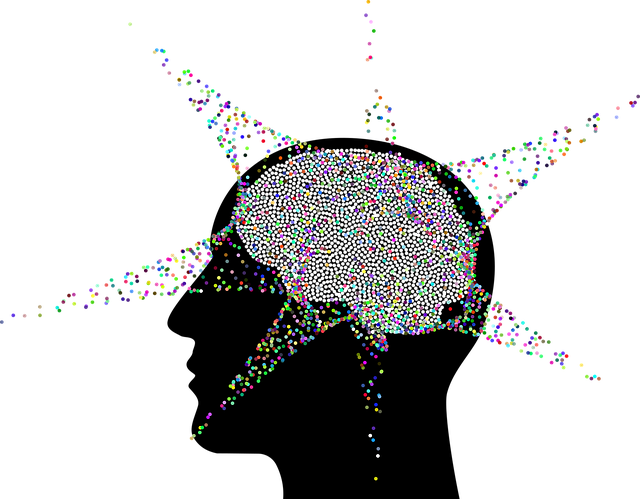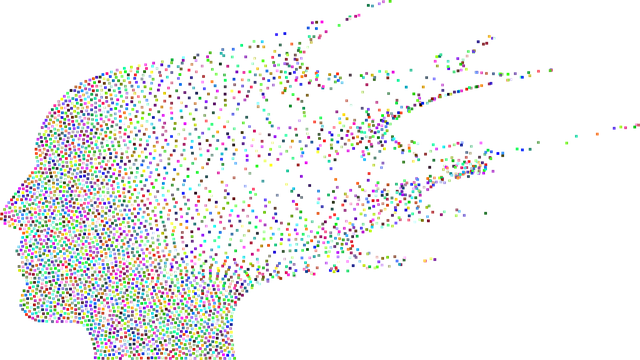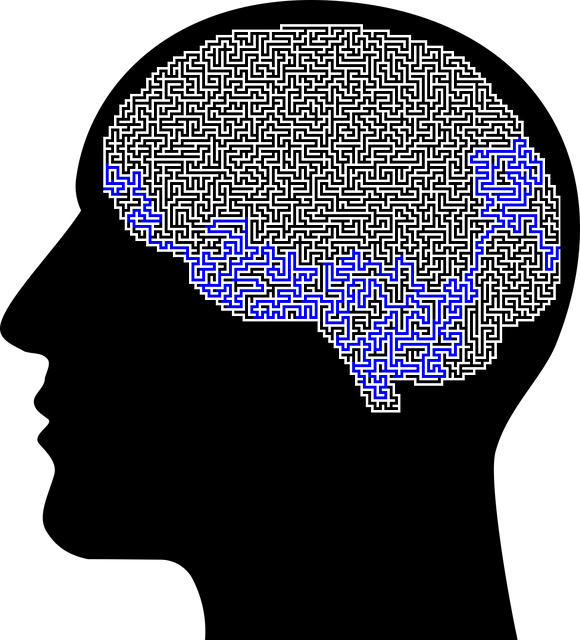Northglenn Anger Management Therapy offers a holistic approach to anger issue resolution, combining mindfulness-based coping skills with social skills training. Using the RFM (Resilience, Flexibility, Motivation) model, therapists personalize treatments, targeting emotional healing and stress reduction alongside anger management. This comprehensive program integrates cultural competency, journaling exercises, and regular evaluations, fostering lasting resilience for diverse communities through effective, tailored interventions.
Resilience is a pivotal aspect of mental well-being, especially in navigating life’s challenges. This article explores the powerful tool of RFM (Recovery, Flexibility, and Mastery) and its role in fostering resilience through Northglenn Anger Management Therapy. We’ll delve into how this model identifies resilient individuals, offers practical exercises for clinical settings, and provides methods to measure success. By understanding RFM, mental health professionals can enhance their approach to building resilience in their clients.
- Understanding RFM and Its Role in Resilience Building
- The Importance of Northglenn Anger Management Therapy
- Identifying Resilient Individuals: The RFM Model
- Implementing Resilience Exercises in a Clinical Setting
- Measuring Success: Evaluating the Effectiveness of RFM Techniques
Understanding RFM and Its Role in Resilience Building

Resilience is a crucial aspect of emotional well-being, enabling individuals to navigate life’s challenges and bounce back from adversity. At Northglenn Anger Management Therapy, we recognize the importance of fostering resilience, especially for those dealing with anger issues. One effective framework that guides our approach is the RFM model—a structured method for enhancing resilience.
RFM stands for Recovery, Flexibility, and Mastery, each representing a vital component of building resilience. In the context of Northglenn Anger Management Therapy, understanding RFM involves equipping individuals with coping skills development based on mind over matter principles. This includes learning to reframe negative thoughts, flexibly adapt to changing circumstances, and regain a sense of control over their emotions and behaviors. Additionally, social skills training plays a significant role, as it helps clients build supportive networks, enhance communication, and develop effective conflict resolution strategies—all integral parts of resilience-building.
The Importance of Northglenn Anger Management Therapy

Northglenn Anger Management Therapy plays a pivotal role in fostering resilience and emotional well-being, particularly within communities where stress and anger-related issues are prevalent. This therapeutic approach goes beyond traditional counseling by integrating various techniques to help individuals manage their anger constructively. By participating in Northglenn Anger Management Therapy, clients not only learn to identify triggers but also develop healthy coping strategies, enhancing their overall mental health and interpersonal relationships.
The program often incorporates Compassion Cultivation Practices, which have been shown to boost confidence and improve communication skills. These practices enable participants to navigate challenging situations with more empathy and self-control, thereby reducing the potential for anger escalation. Moreover, healthcare provider cultural competency training is an integral component, ensuring that the therapy aligns with diverse cultural backgrounds, making it accessible and effective for all members of the community, including those from various ethnic and socioeconomic groups.
Identifying Resilient Individuals: The RFM Model

In the realm of Northglenn Anger Management Therapy, identifying resilient individuals is a cornerstone of effective treatment. The RFM (Resilience, Flexibility, and Motivation) model serves as a powerful tool in this regard. This model assesses an individual’s capacity to adapt and bounce back from challenging situations, which is a key indicator of resilience. By evaluating these three dimensions, therapists can pinpoint clients who possess or need assistance in developing the strength to navigate life’s crises, making them prime candidates for tailored interventions.
The RFM framework aids in tailoring crisis intervention guidance, ensuring that each client receives personalized support. It also plays a crucial role in healthcare provider cultural competency training, enabling professionals to understand and address the unique needs of diverse individuals. Moreover, by fostering resilience, this approach not only helps clients manage anger but also equips them with effective stress reduction methods, contributing to their overall well-being.
Implementing Resilience Exercises in a Clinical Setting

Implementing Resilience Exercises in a Clinical Setting involves carefully integrating activities that foster emotional healing processes into the fabric of Northglenn Anger Management Therapy. These exercises are designed to equip individuals with coping mechanisms, enhancing their ability to navigate challenging situations and maintain mental wellness. Therapists play a pivotal role in guiding patients through these practices, offering personalized mental wellness journaling exercise guidance tailored to their unique needs and progress.
By incorporating techniques that stimulate emotional awareness and resilience, clinical settings can contribute significantly to the development of robust coping strategies. This approach aligns with broader initiatives in mental health policy analysis and advocacy, promoting a holistic understanding of mental health care. Through consistent practice, these exercises have the potential to revolutionize anger management therapy, ultimately fostering healthier individuals equipped to thrive in demanding environments.
Measuring Success: Evaluating the Effectiveness of RFM Techniques

Measuring success is a vital aspect when implementing RFM techniques for resilience building exercises. At Northglenn Anger Management Therapy, we utilize various evaluation methods to assess the effectiveness of our programs. This involves tracking participant progress through regular assessments and feedback sessions, allowing us to identify strengths and areas that require further support. By integrating Trauma Support Services and tailoring interventions based on individual needs, we ensure that the RFM exercises remain relevant and impactful.
Moreover, the Community Outreach Program Implementation plays a crucial role in our success metrics. Engaging with the community enables us to understand cultural nuances and contextual factors influencing resilience. This holistic approach, coupled with Mental Wellness Coaching Programs Development, ensures that our techniques are not only effective but also adaptable to diverse populations. Through continuous evaluation and refinement, we strive to optimize the benefits of RFM for all participants, fostering lasting resilience.
The implementation of RFM (Resilience, Flexibility, and Mastery) exercises in clinical settings, such as Northglenn Anger Management Therapy, has proven to be a powerful tool for building resilience. By utilizing the RFM model, professionals can identify individuals’ unique strengths and areas for growth, tailoring interventions to foster adaptability and emotional well-being. This comprehensive approach, backed by successful evaluation methods, ensures that clients develop effective coping strategies, enhancing their ability to navigate life’s challenges. Incorporating RFM techniques into therapy not only empowers individuals but also contributes to a more robust and resilient community.


